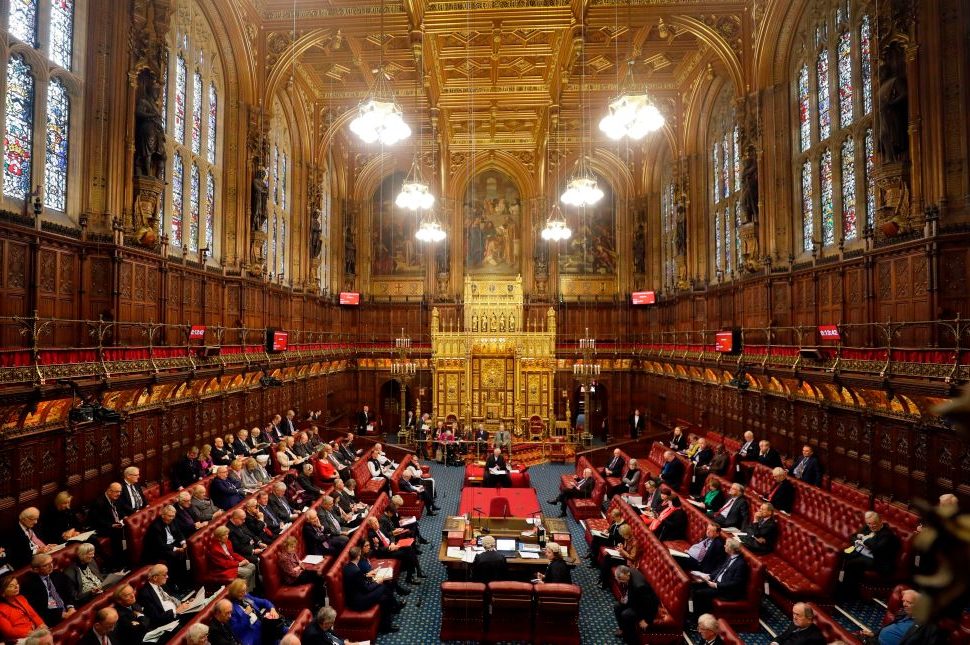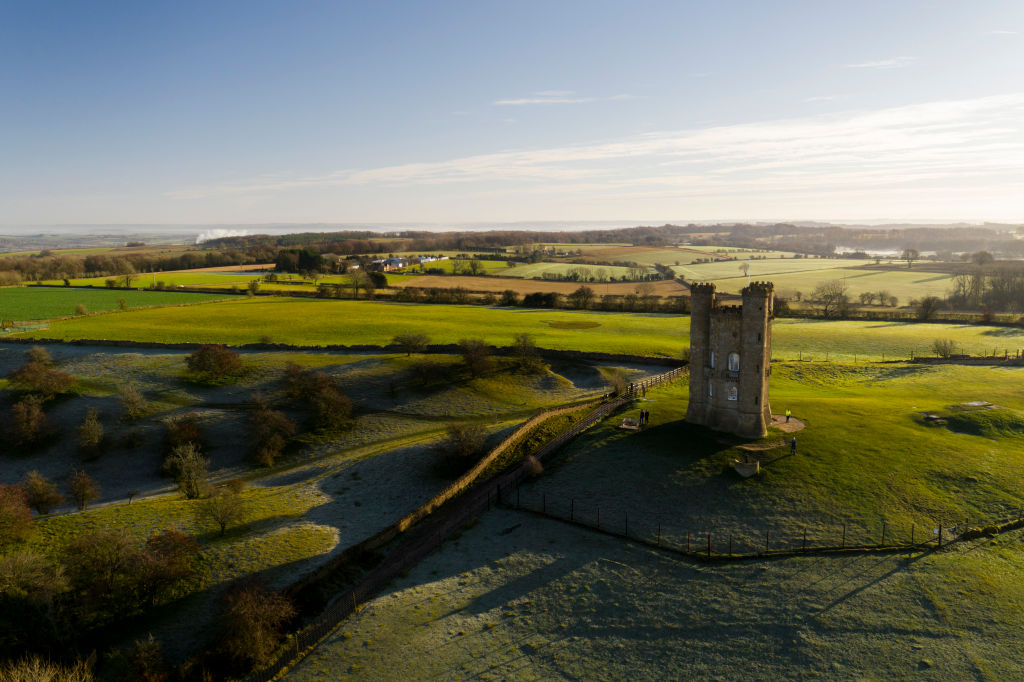As from this Thursday, I am a peer, although I must wait until next month before I can take my seat in the House of Lords. My letters patent confirm that I am Lord Moore of Etchingham. As do all new boys and girls, I went to see the Garter King of Arms, and he gave helpful advice. Very occasionally, new life peers jettison their last name when taking a title, thus assuming a new identity. The former John Selwyn Gummer, for instance, took the name of his local river and became Lord Deben. This is understandable in his case, because the Green Gummer is almost single-handedly saving the planet. It is also understandable that Michael Lord became Lord Framlingham, to avoid being Lord Lord. But I picked up a slight sense that Garter (as he is correctly addressed) would, in most cases, prefer it otherwise. I could not, he also explained, be Lord Moore tout court, because you cannot take a title previously held by anyone else. So I must, in the actual title (the nomen dignitatis, as opposed to the ‘territorial designation’ which all peers have), be ‘of’ something. I naturally picked our dear village. Etchingham’s village sign depicts incised lines — i.e. an etching — but the name may not refer to that. In his dictionary, Dr Johnson honestly defines the noun ‘etch’ as ‘A country word of which I know not the meaning’.
I believe I am Etchingham’s third peer, though the first to take its name. One, who lived in what is now our house, was Lord Eustace Percy, sometimes known as ‘the Minister for Thought’ (actually he was ‘without portfolio’) in the 1930s. He was created Lord Percy of Newcastle. The other was Lord Killearn who, as Miles Lampson, was our imposing plenipotentiary in Egypt during the war. He is said to originated the phrase ‘Get your tanks off my lawn’, addressing King Farouk. According to the not always reliable Evelyn Waugh, Lampson sent a telegram to Winston Churchill after Randolph Churchill had dined with him in the embassy in Cairo in 1941. It said: ‘Your son is at my house. He has the light of battle in his eye.’ Waugh claimed that ‘Unhappily the cypher group got it wrong & it arrived “light of BOTTLE”. All too true.’
***
Get a print and digital subscription to The Spectator.
Try a month free, then just $7.99 a month
***
There have been some hurtful complaints about unworthy choices among the rather large contingent of 36 new peers. I am sorry if my presence lowers the tone for other freshers, such as Evgeny Lebedev and Tony Woodley of Unite the Union, but such problems are not new. A century ago, my great-grandfather, Norman Moore, a leading doctor and man of letters, was made a baronet. His son (my grandfather) wrote in his diary: ‘There has been a great shower of honors of late & indeed for years past, & many ignoble men have received them, but it is an old custom so to distinguish physicians of note who I think may accept such titles as worthily as soldiers & feel no contamination from those that hold them basely.’
This article was originally published in The Spectator’s UK magazine. Subscribe to the US edition here.

























